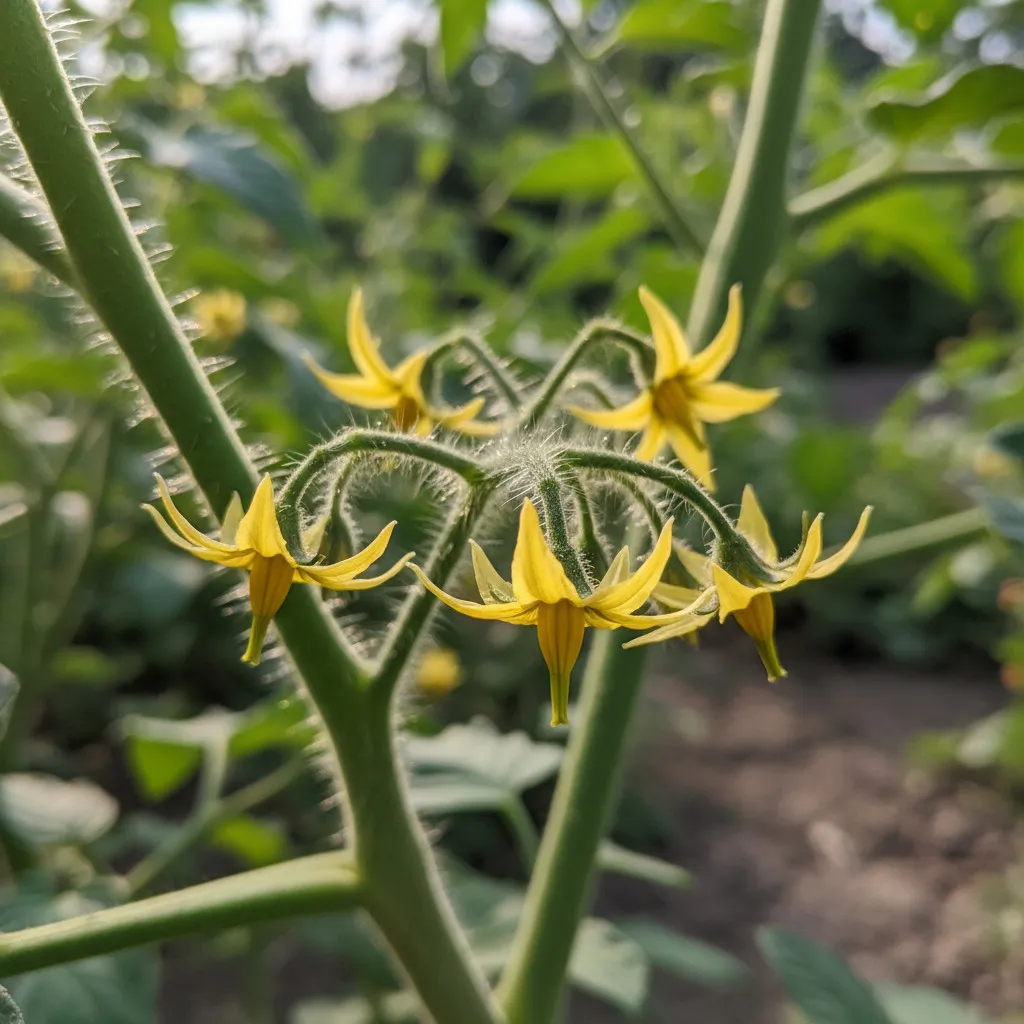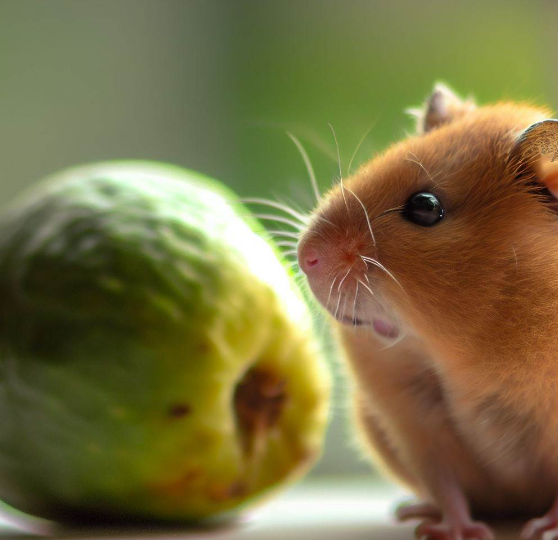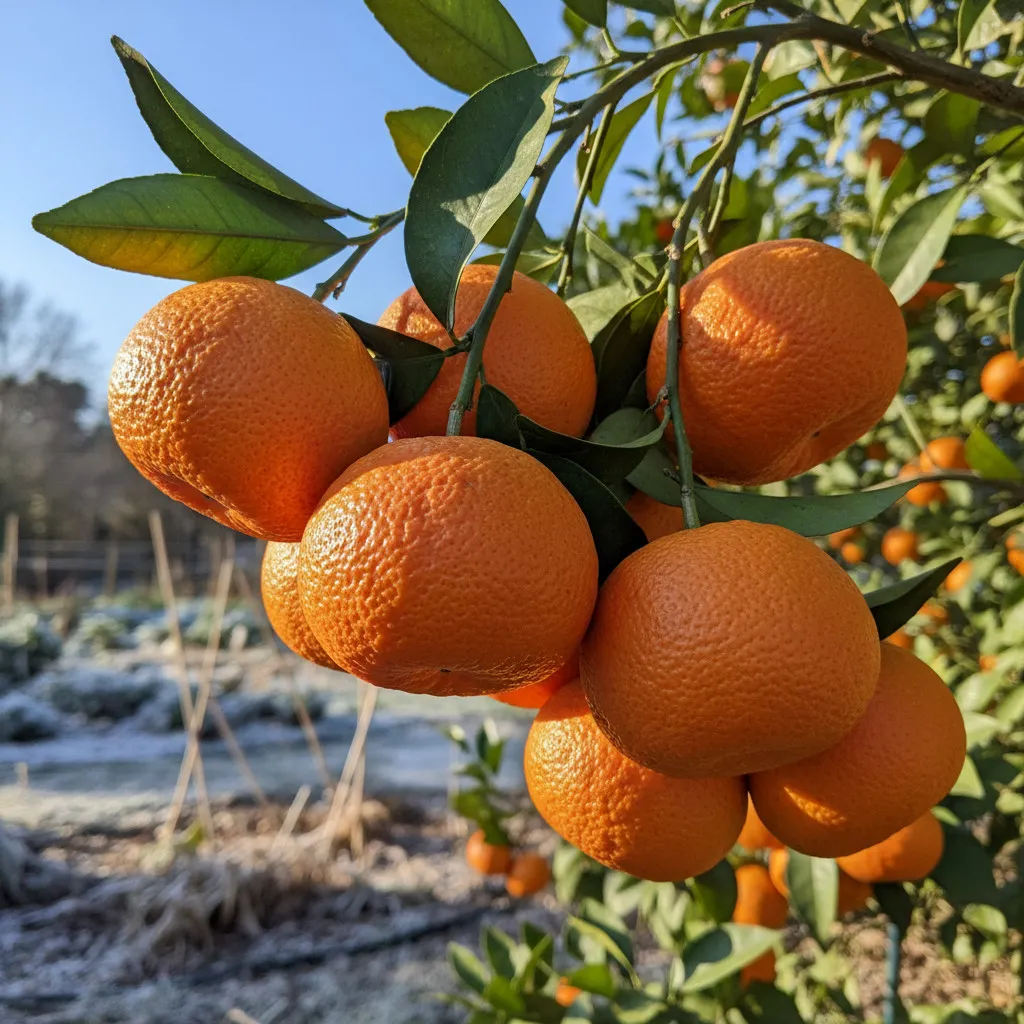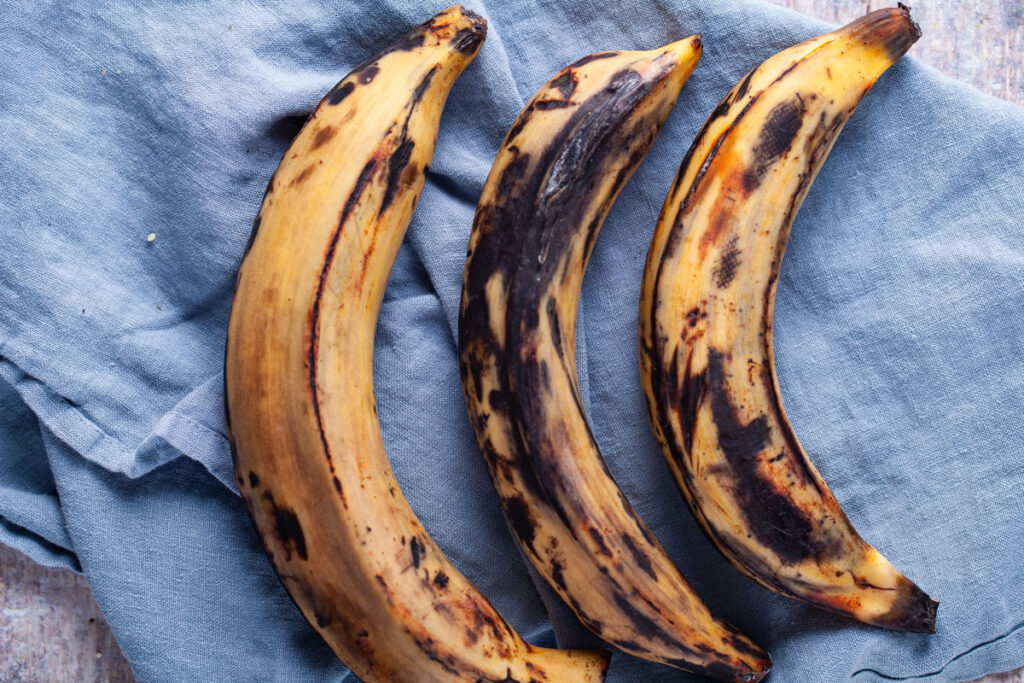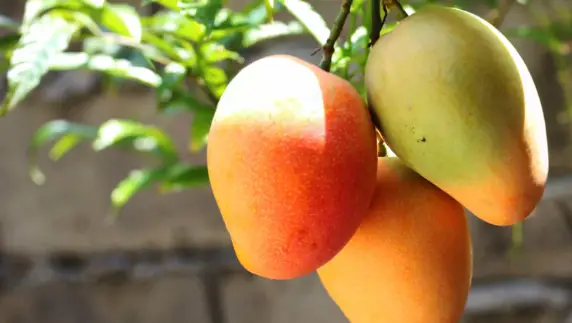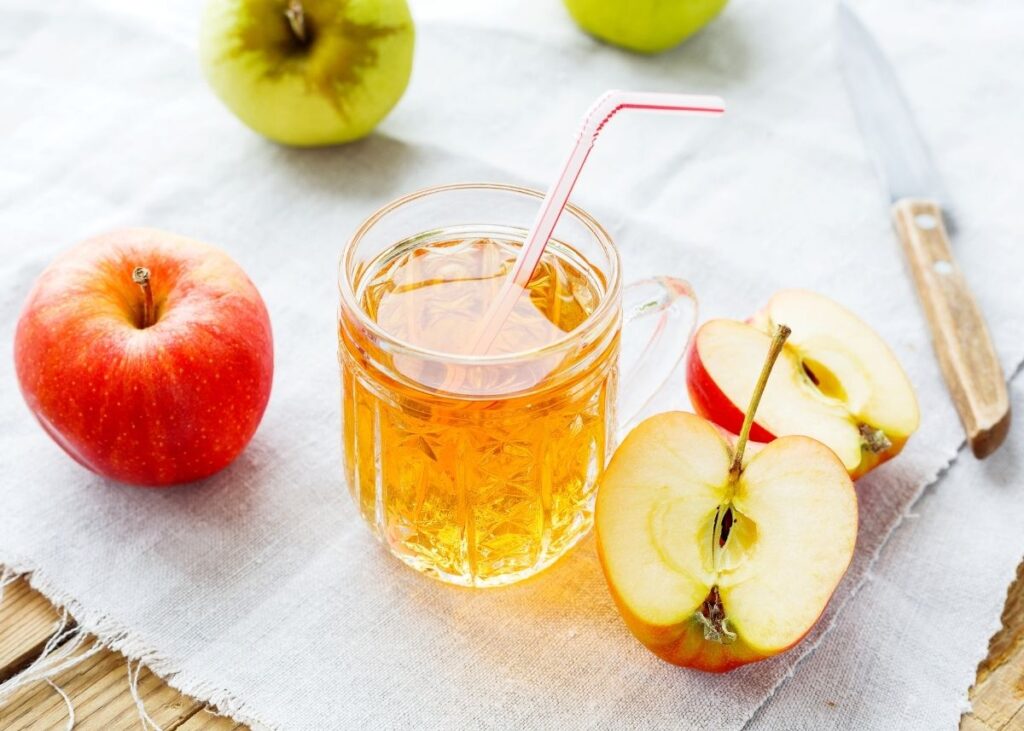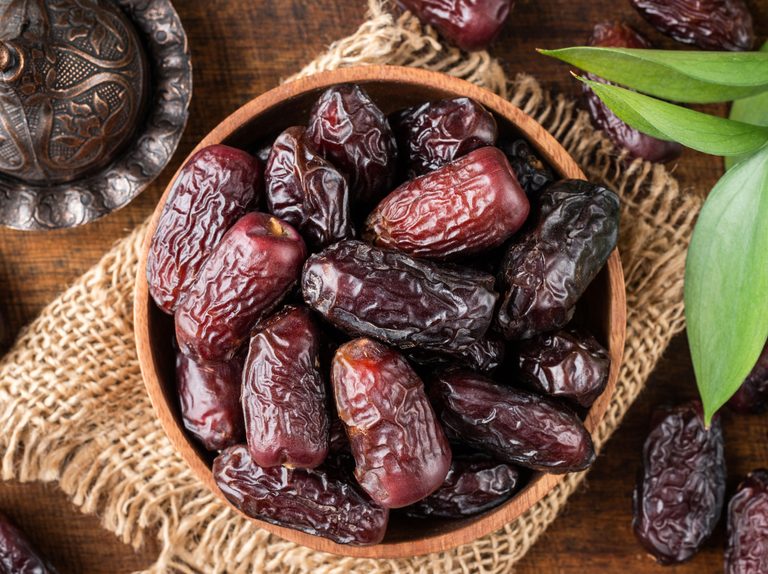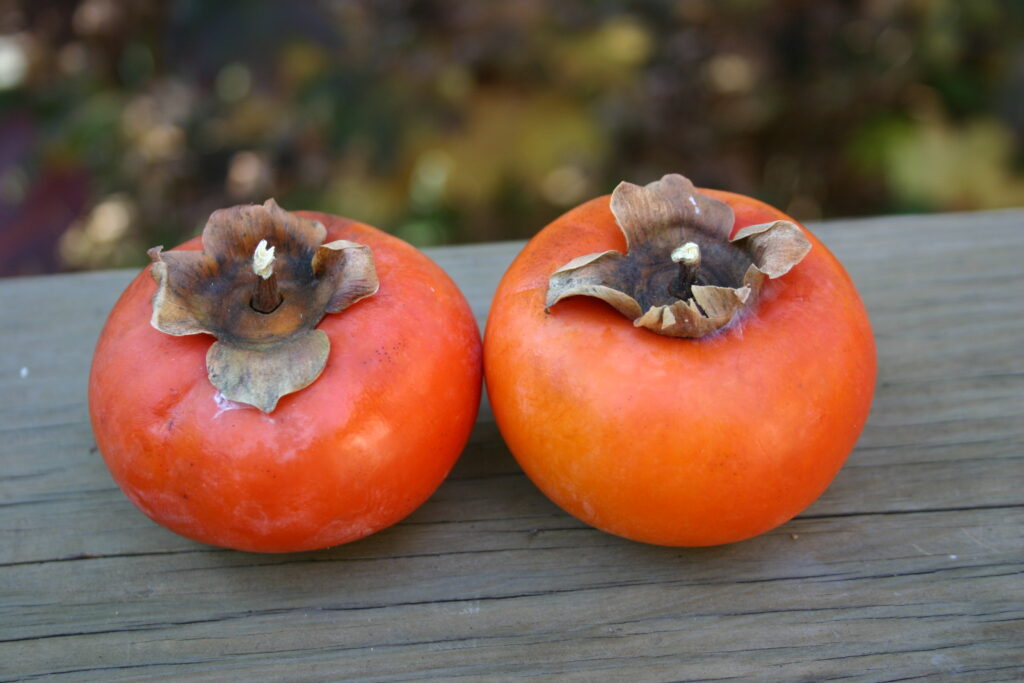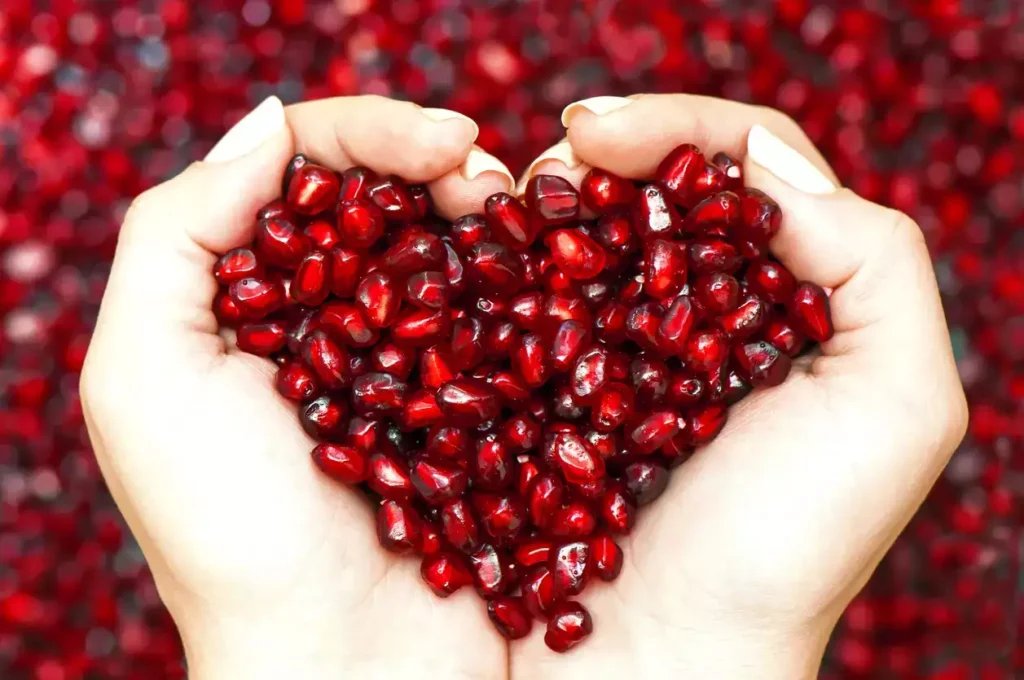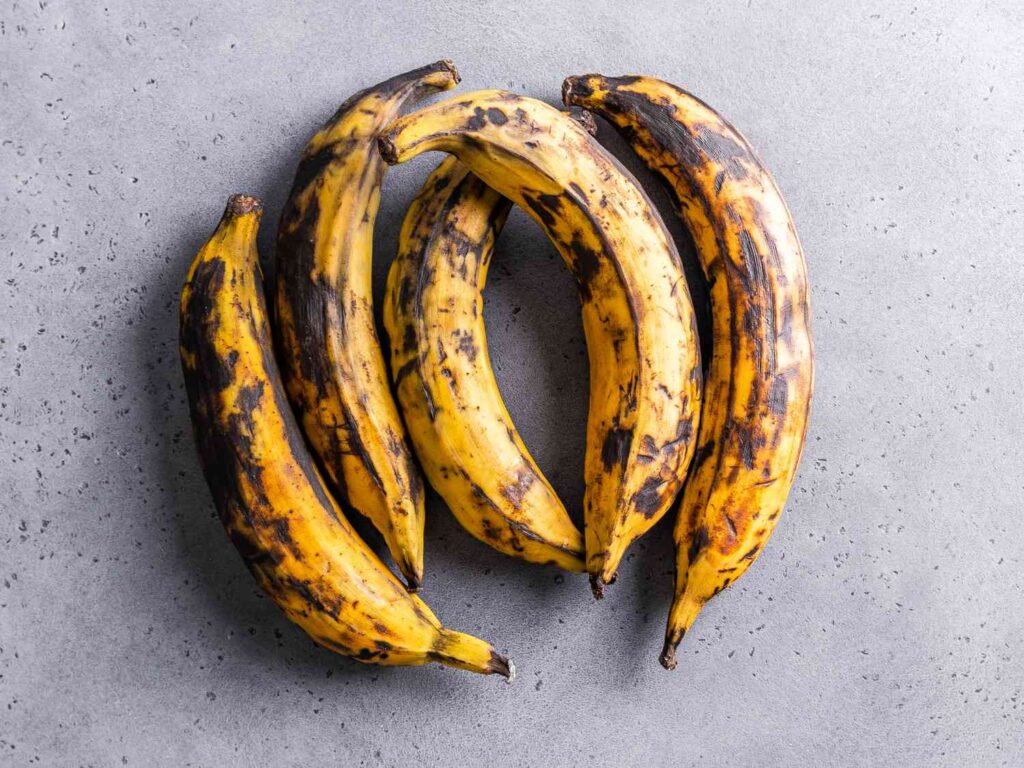Acorn squash is a tasty winter squash that’s full of nutrients. When you’re making baked or roasted acorn squash, you might see the big seeds inside and think about whether you can eat those too. Lucky for you, acorn squash seeds are completely okay to eat, and they’re actually good for you!
By eating the seeds, you get more value and nutrition out of the squash. Keep reading to discover the amazing health benefits of acorn squash seeds and the many ways you can include them in your meals.
Table of Contents
- Edible and Full of Nutrients: Acorn Squash Seeds
- The Good Things About Eating Acorn Squash Seeds
- 1. They’re Heart-Friendly
- 2. They Boost Your Immune System
- 3. They Can Help With Digestion
- 4. They Can Help Manage Your Blood Sugar
- 5. They Might Reduce Inflammation
- How to Enjoy Acorn Squash Seeds Safely
- Can You Eat Acorn Squash Seeds Without Cooking Them?
Edible and Full of Nutrients: Acorn Squash Seeds
Acorn squash seeds are safe to eat and packed with nutrients. These seeds have lots of healthy fats, protein, dietary fiber, and important minerals like magnesium, manganese, phosphorus, iron, and zinc. They also have vitamins like folate and are full of antioxidants.
Just like roasted pumpkin seeds, roasted acorn squash seeds can be a crunchy snack high in protein. Don’t toss the seeds when you cook acorn squash; bake them for a tasty autumn snack!
Eating these seeds can help your health thanks to things like their good fats, fiber, minerals, and vitamins. They can really add some great health benefits to your meals.
The Good Things About Eating Acorn Squash Seeds
We don’t have lots of studies on acorn squash seeds specifically, but based on what we know about their nutrients and similar seeds, here are some of the ways they might help your health:
1. They’re Heart-Friendly
The seeds have fiber and good fats that can help lower bad cholesterol and blood pressure, making your heart healthier.
2. They Boost Your Immune System
They’re rich in zinc and antioxidants that help your immune cells work better to keep you from getting sick.
3. They Can Help With Digestion
A serving of the seeds has about 5 grams of fiber, which helps your digestive system and keeps your bathroom trips regular.
4. They Can Help Manage Your Blood Sugar
The fiber in the seeds helps to slow down how sugar enters your blood, which is good for your energy levels and insulin response.
5. They Might Reduce Inflammation
Antioxidants in the seeds, like carotenoids, help fight inflammation that can lead to serious health problems over time.
We need more research, but including acorn squash seeds in your diet seems to be a good idea because of all the nutrients they contain.
How to Enjoy Acorn Squash Seeds Safely
When you’re preparing your acorn squash, scoop out the seeds and clean them. Toasting them a little brings out the flavor and crunchiness.
Here are some fun ways to prepare acorn squash seeds:
- Get the seeds out of the acorn squash and take off any squash bits.
- Clean the seeds with cold water to get rid of any squash goop.
- Dry the seeds with a paper towel and put them in a bowl.
- Pour a little olive oil on the seeds and stir so they’re all covered.
- Sprinkle your favorite spices, like salt, pepper, or spice mixes on them and mix again.
- Spread the seeds out on a baking sheet with parchment paper, so they’re not on top of each other.
- Bake them in an oven at 350°F (175°C) for about 15-20 minutes until they look a toasty brown.
- Let the seeds cool down and then they’re ready to eat!
Now you’ve got some delicious roasted acorn squash seeds that are perfect for the autumn. They’re crunchy, tasty, and a great healthy snack.
Remember these tips:
- Chew the seeds well so you don’t choke.
- Keep an eye on how much you eat because the seeds have a lot of calories.
- Drink water to help your body use the fiber in the seeds.
With a little bit of thinking and being careful, acorn squash seeds can be a really good and tasty part of your food.
Can You Eat Acorn Squash Seeds Without Cooking Them?
Even though roasted seeds taste the best, it’s okay to munch on them straight from the squash without cooking them first. Raw seeds taste kind of nutty and are mild.
Clean fresh seeds to take off any squash strings. Make sure they look normal and not weird or sour, because that can mean they’re not good to eat.
You can then eat the seeds as they are or use them in things like vegan desserts that don’t need cooking, homemade seed milk, or baked goods like crackers or bread.
Some folks prefer the taste of cooked seeds. You can lightly cook raw seeds for about 15-20 minutes until they’re golden and crunchy.
So it’s totally okay to eat raw acorn squash seeds if you want, but they usually taste better when they’re roasted.
Acorn squash seeds have lots of nutrition and can be very healthy for you. Take them out, clean them nicely, and bake them for a tasty and crunchy snack.
Try adding toasted acorn squash seeds to different dishes like trail mix, salads, yogurt, or any other recipe to give it some more nutrition, healthy parts from plants, and fiber. If you get a little creative, you can get a lot more out of this nourishing winter squash.
